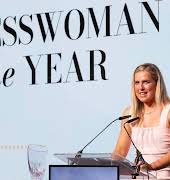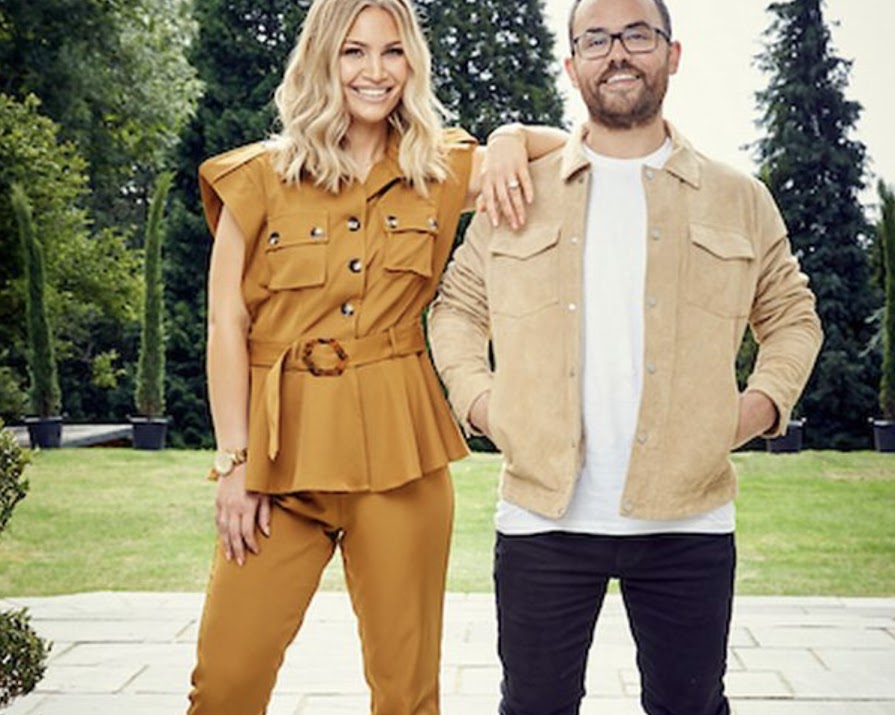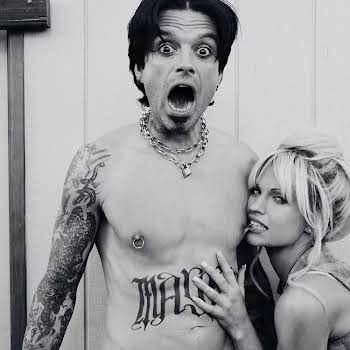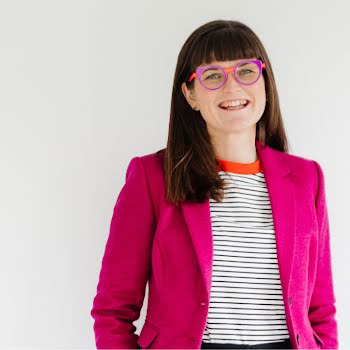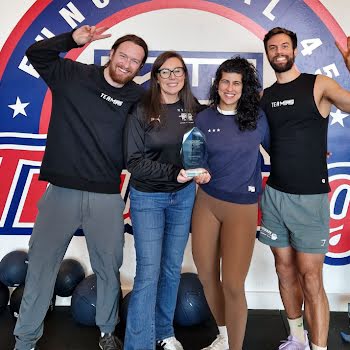
‘I just think, it’s not right to do it anymore’: The perils of turning your family into an online brand
By Amanda Cassidy
01st May 2022
01st May 2022
As the biggest family YouTube channel in Europe, the Saccone-Joly's have shared intimate content about their lives and that of their children's for a decade. Until now. But what are the dangers of mixing family and social media? Amanda Cassidy reports
Irish blogger and YouTube star Jonathan Saccone-Joly had announced he has deleted all pictures of his children on YouTube.The 42-year-old set up his own YouTube channel in 2010 and found fame, alongside his wife Anna and their four children on the video sharing platform.
The family have earned up to almost two million to date as they document their daily lives to millions of followers. But this week the Dubliner announced that video blogs are ‘not for him anymore’.
The couple have cited their four children as the reason – Emilia, Edie, Alessia and Andrea.
The age of visibility
But isn’t this just an inevitable fallout of turning your family into a brand?
Taking to Instagram, Jonathan said; “I love my kids more than I love doing YouTube videos. I don’t know if doing YouTube was the right or wrong thing to do, but I did it, so now I am undoing it. If you’re a parent and you have children, you know how socially aware your children are and that’s when I started thinking, maybe it’s time to not only stop doing it but also to sort of erase it.”
The family had been criticised for ‘sharenting’ or oversharing their children’s lives and “exploiting them for cash”. Trolls claimed that because the children cannot give informed consent to appear online, that it’s a selfish act.
Jonathan recently revealed that he was non-binary ahead of releasing a memoir about his own life experiences called ‘All my friends are Invisible’. The couple also announced that their second oldest child was transgender and now called Edie with some saying that she is too young to truly understand if she wants to change gender.
But isn’t this just an inevitable fallout of turning your family into a brand?
‘Influencers’ (a euphemism for advertisers) and in particular, parenting bloggers have come under fire mainly about the transparency of sponsored posts and advertising content, but also about the perceived exploitation of their children.
Dark
But posting pictures of children online is something many parents do, and it all has ramifications. In a recent report for the London School of Economics (LSE), it found that three-quarters of parents who use the internet at least monthly share photographs or videos of their children online.
Parents are more likely to do this with younger children. A little more than half only share pictures with close family and friends, and most don’t share pictures with “a wide audience”
We live in an age of visibility. The internet is a darker place than it used to be. The pictures that are uploaded can form a permanent digital tattoo for our children. All without their consent or even knowledge. Because it’s all so new for parents, we need to start thinking about asking children’s permission to post online. More importantly, we need to ask ourselves why we feel the need to share pictures of our children sleeping or taking their first steps. Pride, yes. But also validation. Is that a behaviour we want to model to our children – the need for ‘likes?’
Consent
Using photographs of our toddlers to advertise a nappy brand also has unforeseen implications. It’s important that we start thinking about the way in which data is bought and used without us knowing.
And perhaps even realising that actually, no one really cares about your child as much as you think they do.





